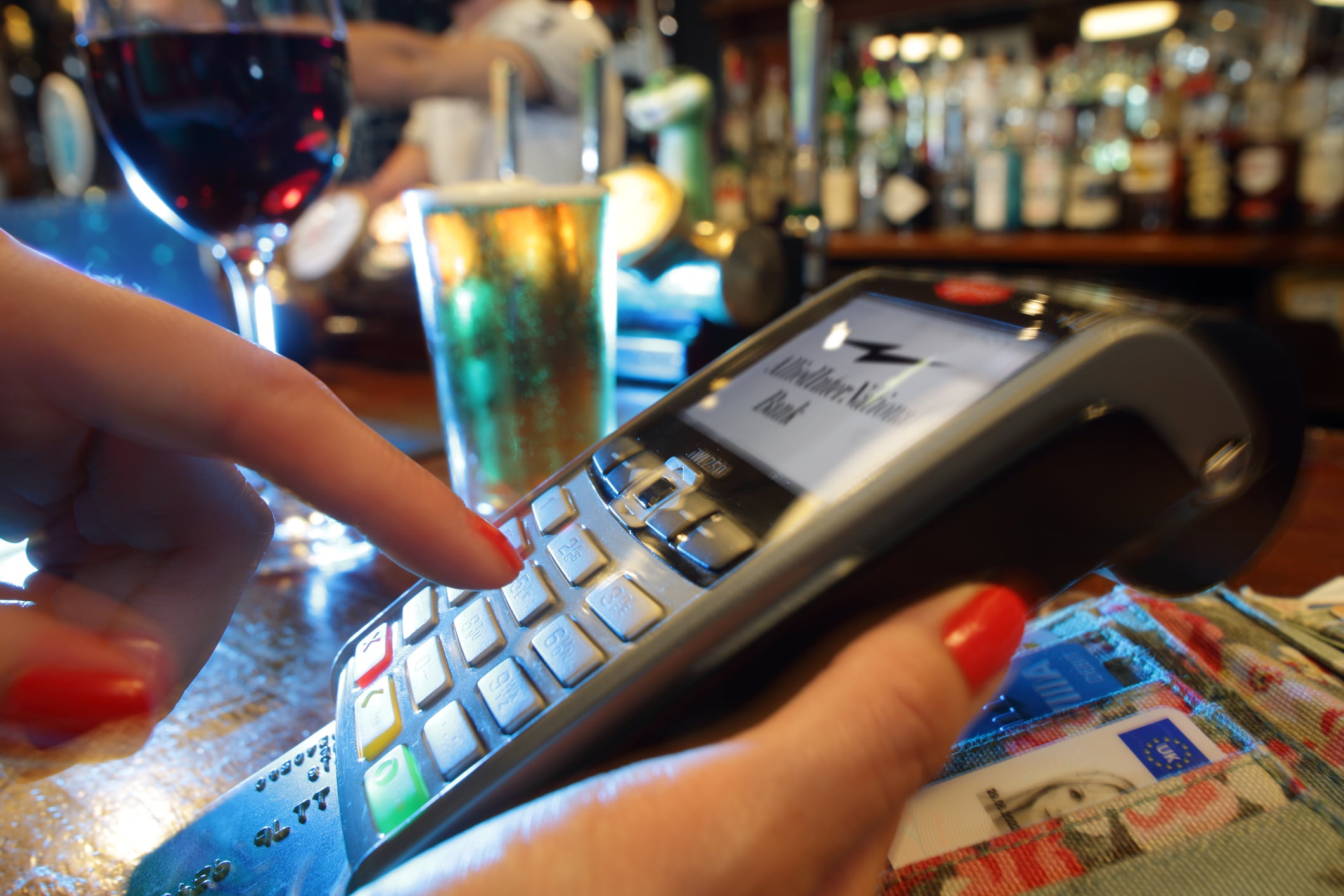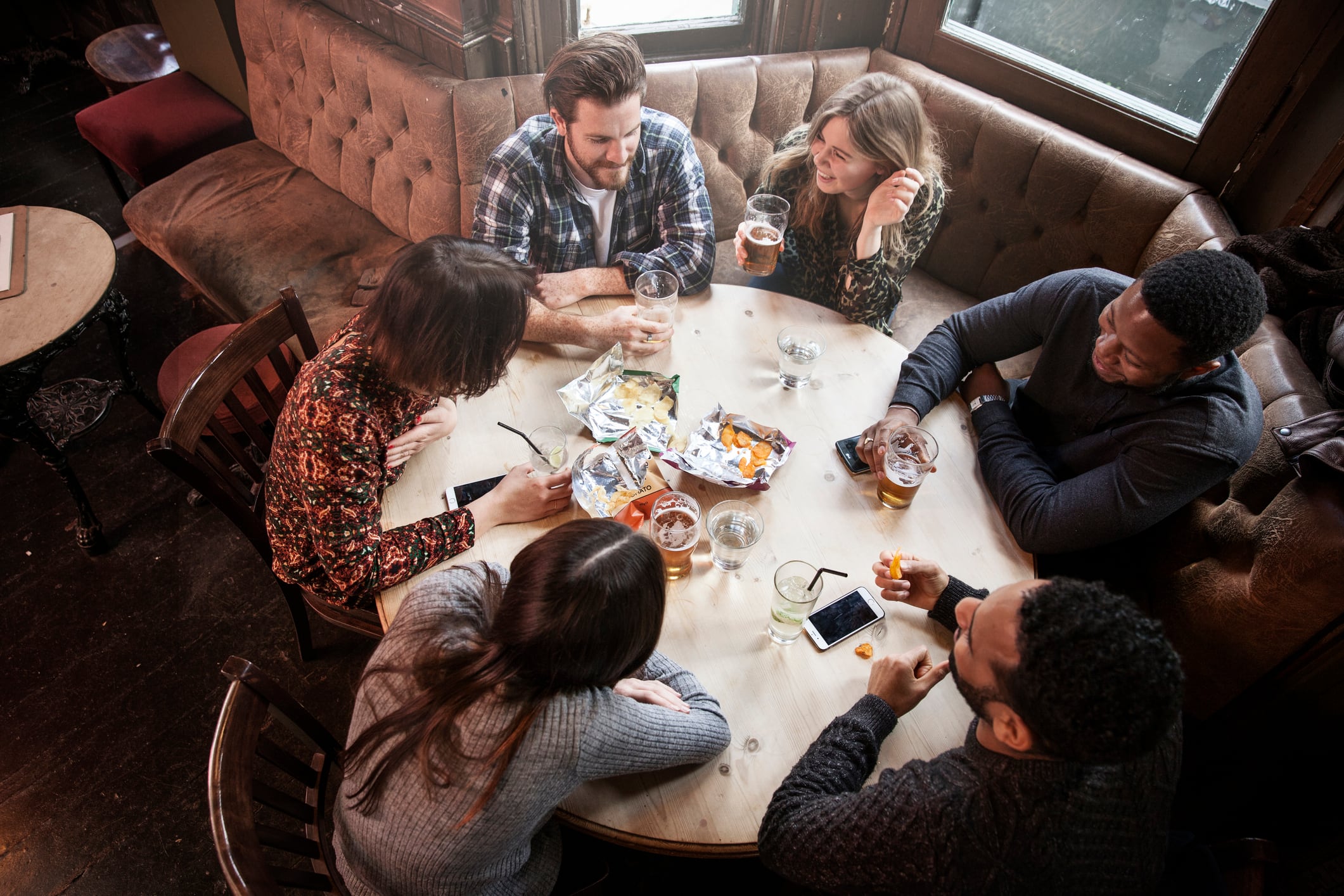The latest Business Confidence Survey from CGA by NIQ and Sona revealed 41% of leaders felt optimistic about prospects for their business over the next 12 months, up by seven percentage points and a second successive increase.
However, the data, which was collected at the end of July and beginning of August, found that the proportion of leaders feeling confident about the future of hospitality in general was lower at 18%, but rose by three percentage points quarter-on-quarter.
Leaders’ confidence remained at historically low levels with optimism for their own businesses down 15 percentage points on the second quarter of 2024, and 29 percentage points below the levels of August 2021.
Cautious confidence
Cautious confidence has been fuelled by stable spending in pubs, bars and restaurants in 2025. Just over half (53%) of leaders said revenue increased year-on-year over the second quarter—nearly double the 28% who say it dropped.
However, increases were largely the result of higher menu prices and new openings, while higher costs, from higher minimum pay, national insurance contributions from April and sustained inflation in food and drink have hurt the margins of many operators.
More than a third (37%) said their second-quarter profits were down year-on-year, while only 27% said they had risen. This has left 9% of leaders with no cash reserves to draw on, while 53% have fewer than six months of reserves.
The new Business Confidence Survey from CGA by NIQ and Sona revealed that more than four in five (84%) of leaders said extra operating expenses have forced them to raise prices since April, while nearly half (48%) have reduced their staffing levels, 61% have cut hours available to their teams, and 34% have deferred pay increases. Two in five (41%) have cancelled investment plans.
Smaller hospitality business
Smaller hospitality businesses have been particularly damaged, with just 22% of leaders of independent companies now feeling optimistic about their prospects for the next 12 months.
Karl Chessell, director - hospitality operators and food, at CGA by NIQ, said: “Hospitality is a remarkably resilient sector, and these figures suggest leaders have responded nimbly to the many challenges they have faced in 2025.
“However, fast-rising costs are clearly taking a toll on many businesses’ margins. There’s a dangerous ripple effect too, as leaders are being forced to take difficult decisions on employment and investment, while inevitable increases in menu prices are damaging consumer confidence.”
He said urgent Government intervention for needed in the sector to generate the economic growth.
Paul Watson, VP of hospitality at Sona, said operators are continuing to face significant challenges,
“Guests have become more picky about where they spend their money, so having a happy, stable and experienced team is absolutely vital to deliver exceptional guest experiences that will keep trade coming back again and again. Having people, tools and processes in place that nurture this balance will be key in the next few months,” he added.




